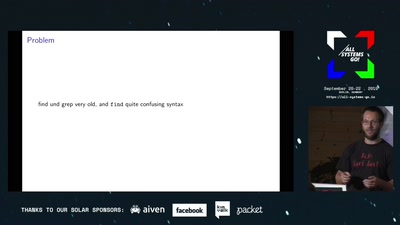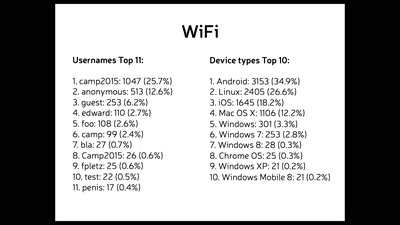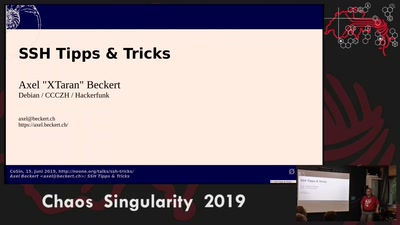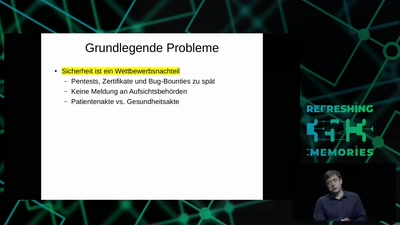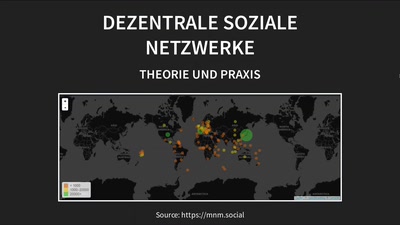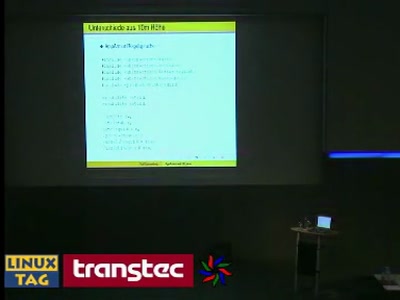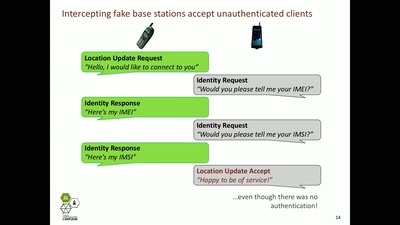Matthias Rechenburg (freelancer)
"Iscsi" is a new star on the sky of enterprize storage-solutions and means "scsi over ip". It is one possible answer for the need of a generic, robust, fast and (last but not least) cheap SAN-based network-filesystem for enterprize data-centers. The tcp-ip protocol is used to transport generic scsi-commands over the network to access a remote blockdevice. This mechanism allows flexible management of scsi-storage devices for huge server-farms, e.g. plugging in or removing harddisks from a running server. Much effort from the Open-source community has been done to implement and stableize Iscsi according to the Iscsi-RFC/Standard for the GNU/linux operation system. Various Iscsi-related Open-source projects are currently dealing with better Desktop-integration, booting from Iscsi-devices and to make Iscsi more user-friendly. Iscsi has become one of the most popular new server-storage components during the last year and is now gaining acceptance in the enterprize computing world as a valuable and cheap alternative to the SAN- and NAS-technologies. It is now to get to know more about the benefits and advantages but also about the disadvantages, common pitfalls and the hype of this new technology. This presentation deals with the role of the Open-source community according Iscsi and introduces diffrent Iscsi-related Open-source projects. It covers planning, installation, configuration, management and maintainance of an iscsi-environment in a modern data-center.
Über den Autor Matthias Rechenburg: Matthias Rechenburg is the author of the openMosixview and kiscsiadmin project. Since some years he is involved in all kinds of data-center related open-source projects like high-performance and high-availibility clustering, consolidation, network and enterprize storage management. He is a contributor of various linux-related events, lives in Bonn, Germany, and is working as a freelancer developing for Qlusters.

